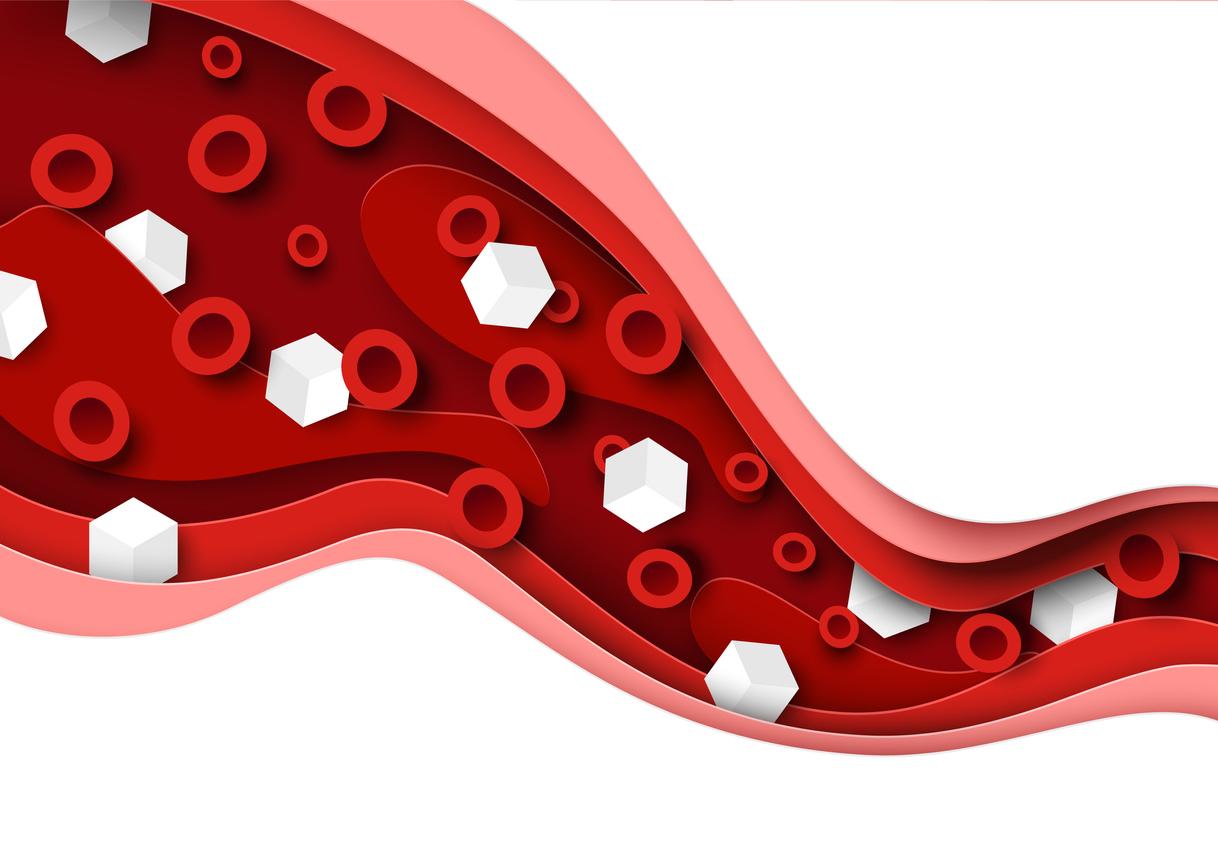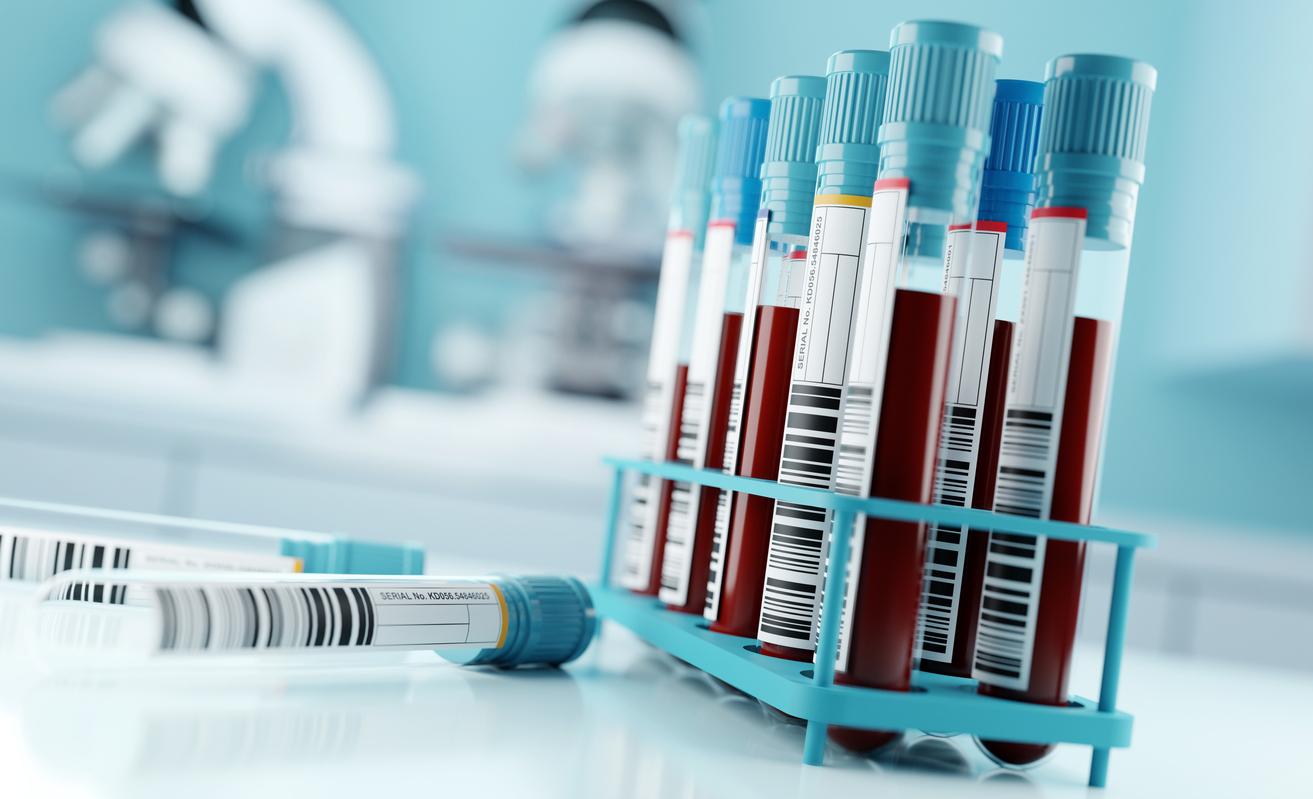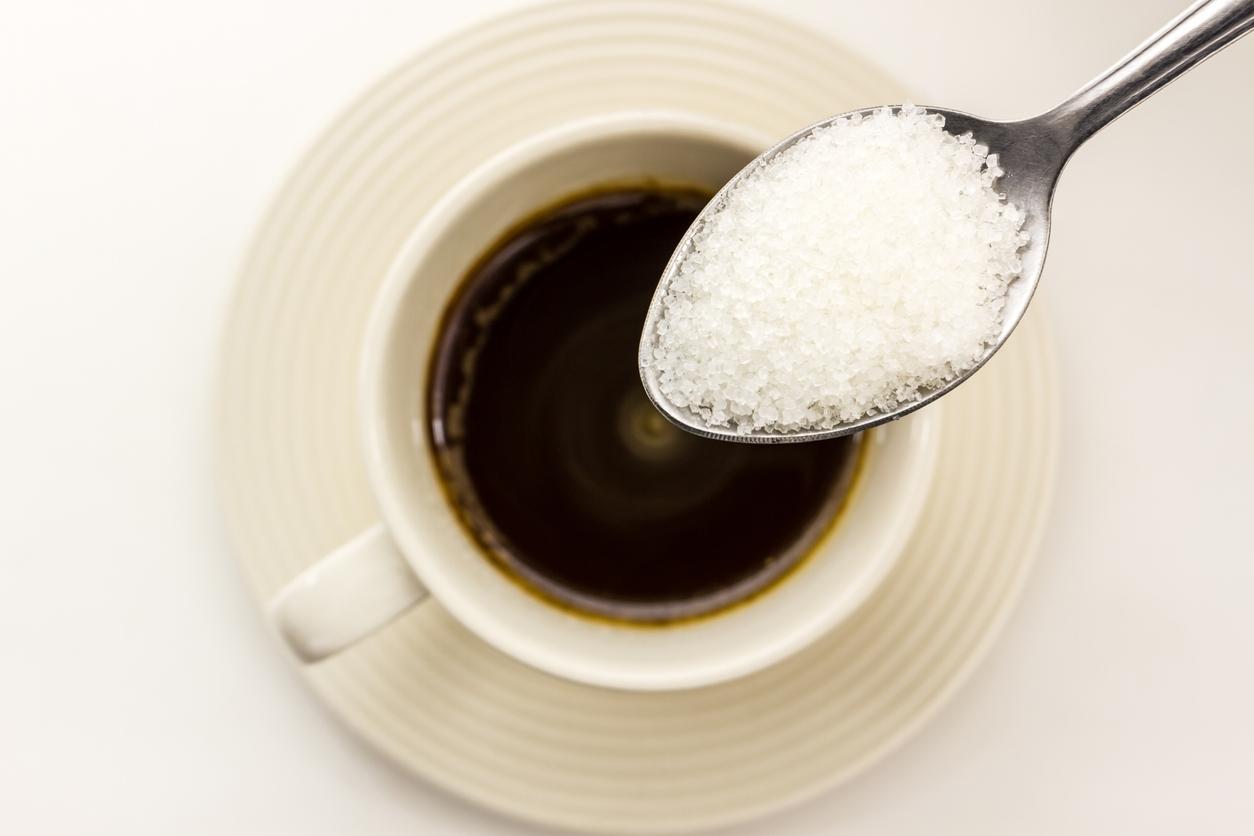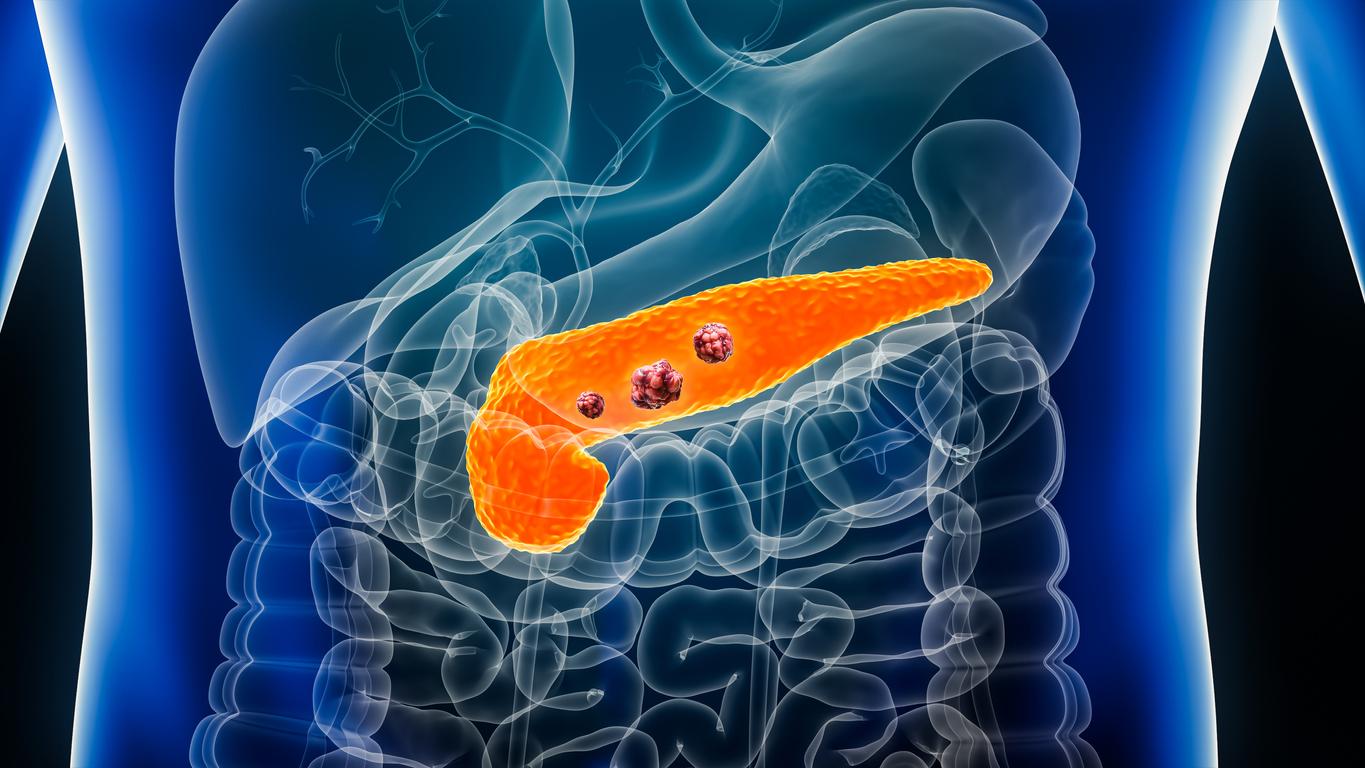When you have a sugar deficiency, various symptoms can appear, affecting physical and mental health. Knowing these signs can help you react quickly and prevent serious complications.

- Hypoglycemia occurs when blood glucose levels drop below 70 mg/dL, causing symptoms such as shakiness, cold sweats, and confusion.
- Causes include poor diet, medications, intense physical activity and alcohol consumption.
- It is crucial to recognize these symptoms and consume carbohydrates quickly to restore sugar levels.
Hypoglycemia, or low blood sugar, occurs when blood glucose levels fall below normal levels. Glucose is an essential source of energy for the body, especially the brain. Hypoglycemia occurs when blood glucose levels fall below 70 mg/dL. This can be caused by a variety of factors, including poor nutrition, too much insulin, intense exercise, or certain medications. Although hypoglycemia is more common in people with diabetes, it can also affect people without diabetes.
Symptoms of hypoglycemia
The first signs
The first signs of hypoglycemia are often mild and can be easily ignored. However, they are important indicators that the body is low on glucose.
- Sudden hunger: A sudden, intense feeling of hunger is often one of the first signs of hypoglycemia.
- Tremors: Uncontrollable shaking or shaking, especially of the hands, may occur.
- Sweating: Cold, excessive sweating, even without physical exertion, is a common sign.
- Fatigue: Sudden, unexplained fatigue may indicate low blood sugar.
Neurological symptoms
As blood sugar levels continue to drop, neurological symptoms become more pronounced.
- Confusion: Difficulty thinking clearly or concentrating may occur.
- Irritability: Mood changes, such as irritability or anxiety, are common.
- Dizziness: A feeling of dizziness or imbalance may occur.
- Headaches: Headaches, often mild but persistent, may be present.
Serious symptoms
If hypoglycemia is left untreated, it can lead to more serious symptoms that require immediate medical attention.
- Vision disturbances: Blurred or double vision may occur.
- Incoherence: The person may have difficulty speaking clearly.
- Seizures: In extreme cases, seizures may occur.
- Loss of consciousness: Severe hypoglycemia can lead to loss of consciousness or coma.

Causes of hypoglycemia
Hypoglycemia can have several causes, which are important to know in order to prevent it.
Insufficient power supply
Skipping meals or not eating enough can cause your blood glucose levels to drop. Eating a balanced and regular diet is essential to maintaining stable sugar levels.
Drugs
Some medications, especially those used to treat diabetes, can cause hypoglycemia. It is crucial to follow medical recommendations and monitor your blood sugar regularly.
Intense physical activity
Intense physical exercise can use a large amount of glucose, leading to hypoglycemia. It is recommended to consume carbohydrates before and after exercise to prevent this situation.
Alcohol consumption
Alcohol can interfere with the liver’s production of glucose, especially when consumed in large amounts and on an empty stomach. Limiting alcohol consumption and drinking it with food can help prevent hypoglycemia.
What to do in case of hypoglycemia?
The first step is to consume rapidly absorbable carbohydrates. A common rule of thumb is to consume 15 grams of glucose, such as a small amount of fruit juice, candy, or glucose tablets.
After consuming carbohydrates, it is important to check blood sugar levels 15 minutes later. If the sugar level is still low, consume carbohydrates again and consult a healthcare professional if necessary.
Prevention
To prevent hypoglycemia, maintain a balanced diet, do not skip meals, and monitor your blood sugar regularly if you have diabetes. Inform those around you of your condition so they can help you in an emergency.
Hypoglycemia is a potentially dangerous condition that requires immediate attention. By recognizing the symptoms and knowing how to respond, you can prevent serious complications and maintain your well-being. Adopting healthy lifestyle habits and staying vigilant is essential to avoid low blood sugar levels.

















